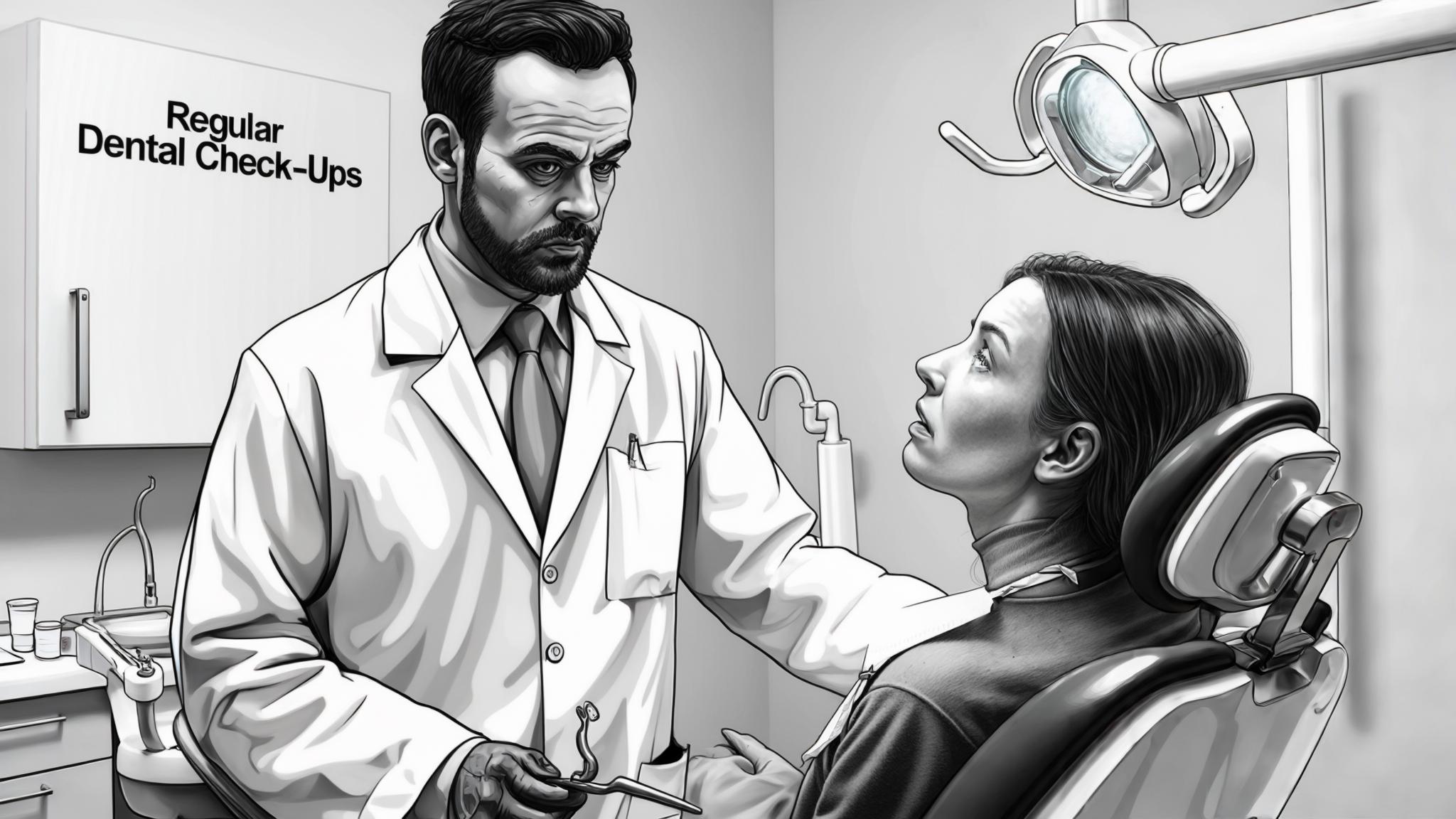Understanding Dental Check-Ups
Dental check-ups are routine visits to your dentist, where they examine your teeth, gums, and mouth for any signs of trouble. These appointments are crucial for maintaining good oral health and catching potential issues early. Regular dental check-ups help prevent problems like cavities and gum disease, ensuring your smile stays healthy and bright.
Smoking adds a layer of complexity to oral health. It is a significant risk factor, leading to a higher likelihood of dental issues. Smokers are more prone to gum disease, tooth decay, and other oral health problems. Understanding these risks makes regular dental visits even more important for smokers.
The Impact of Smoking on Oral Health
Effects of Smoking on Teeth and Gums
Smoking can wreak havoc on your mouth. It increases the risk of gum disease, which can cause gums to pull away from teeth, leading to tooth loss if untreated. Smokers also face a higher chance of tooth decay due to the damage smoking causes to the protective enamel. Additionally, smoking leads to the discoloration of teeth, leaving them yellowed or stained.
Other Oral Health Issues Linked to Smoking
Beyond teeth and gums, smoking can lead to serious issues such as oral cancer. Smokers are at a higher risk for developing cancerous growths in the mouth, which can be life-threatening. Bad breath is another common problem, as smoking affects the freshness of your breath. Moreover, smokers often experience delayed healing after dental procedures, making recovery longer and more challenging.
Special Considerations for Smokers During Dental Check-Ups
Comprehensive Oral Examination
For smokers, a dental check-up involves a thorough examination. Dentists pay close attention to gum health, looking for signs of disease or recession. They also conduct screenings for oral cancer, which are crucial given the increased risk associated with smoking.
Importance of X-rays
X-rays play a vital role in detecting issues that aren't visible to the naked eye. They can reveal bone loss that might result from gum disease and help identify hidden decay that could worsen over time.
Discussion of Smoking History
During your visit, your dentist will likely discuss your smoking history. Understanding how long and how often you smoke helps them assess the impact on your oral health and tailor advice and treatment to your needs.
Recommended Treatment Plans for Smokers
Customized Oral Hygiene Instructions
Smokers may receive customized oral hygiene instructions to combat the effects of smoking. Brushing and flossing are essential, and your dentist might recommend specific dental products designed for smokers, such as certain toothpastes or mouthwashes.
Periodontal Treatments
For those with gum issues, periodontal treatments like scaling and root planing can help clean below the gum line. Regular maintenance cleanings are also important to manage gum health.
Potential Need for Restorative Procedures
Smokers may require restorative procedures such as fillings for cavities or crowns for damaged teeth. These treatments help restore function and aesthetics to your smile.
Smoking Cessation Support
Importance of Quitting Smoking for Oral Health
Quitting smoking is one of the best things you can do for your oral health. It reduces the risk of oral cancer, gum disease, and other dental issues.
Resources Available for Quitting
There are many resources available for quitting, including counseling and support groups that provide guidance and encouragement. Nicotine replacement therapies can also help manage withdrawal symptoms.
Role of Dental Professionals in Supporting Cessation
Dentists can be valuable allies in your journey to quit smoking. They provide information, support, and referrals to cessation programs, helping you improve your oral and overall health.
Conclusion
Dental check-ups are especially important for smokers due to the increased risks smoking poses to oral health. By prioritizing regular visits and considering quitting, smokers can protect their smiles and improve their overall well-being. Remember, it's never too late to make positive changes for your health.
References
- American Dental Association: Smoking and Oral Health
- Centers for Disease Control and Prevention: Effects of Smoking on Oral Health
- National Institute of Dental and Craniofacial Research: Oral Health and Tobacco

